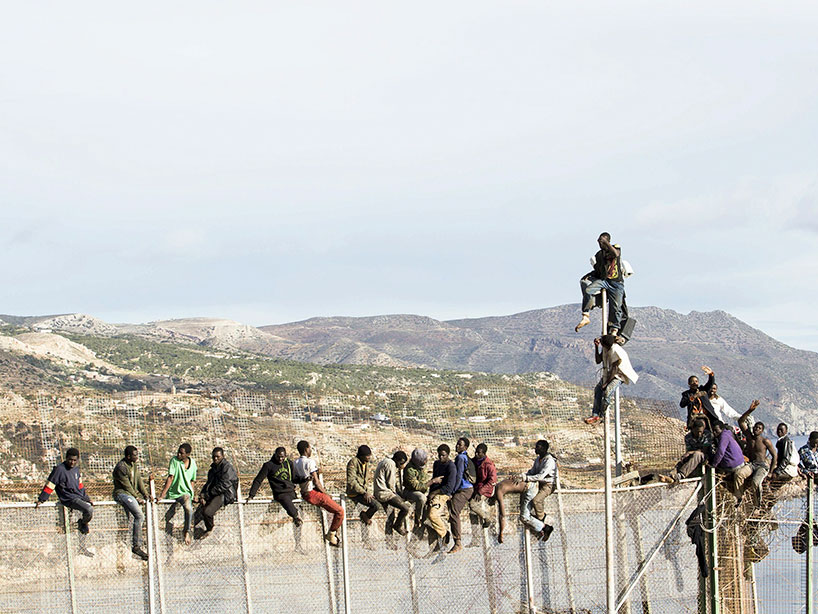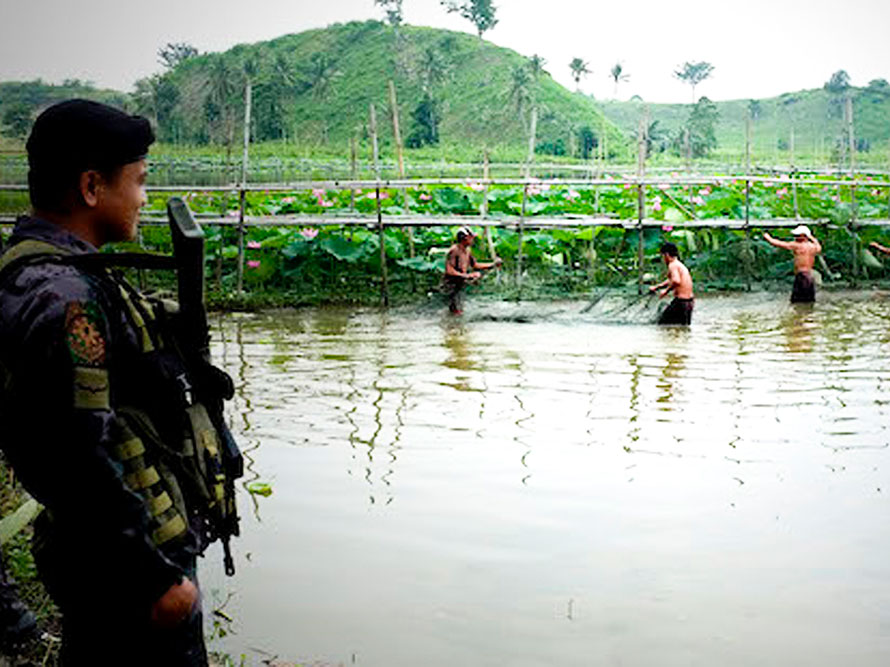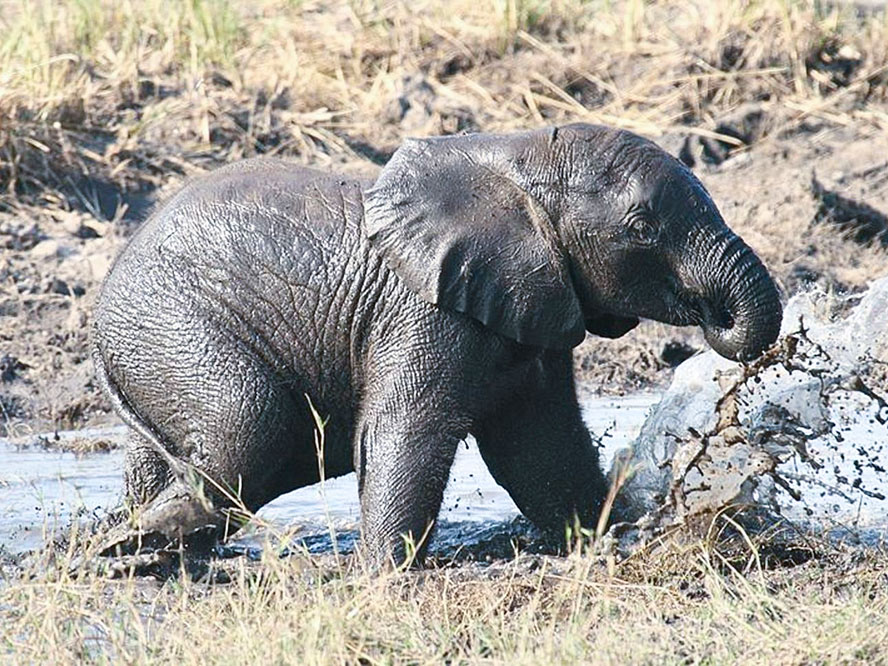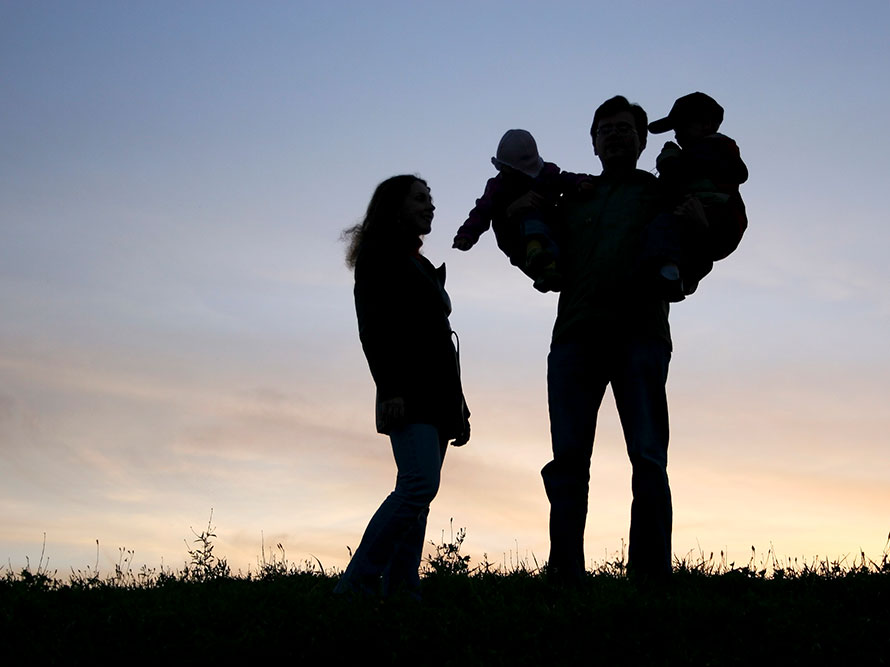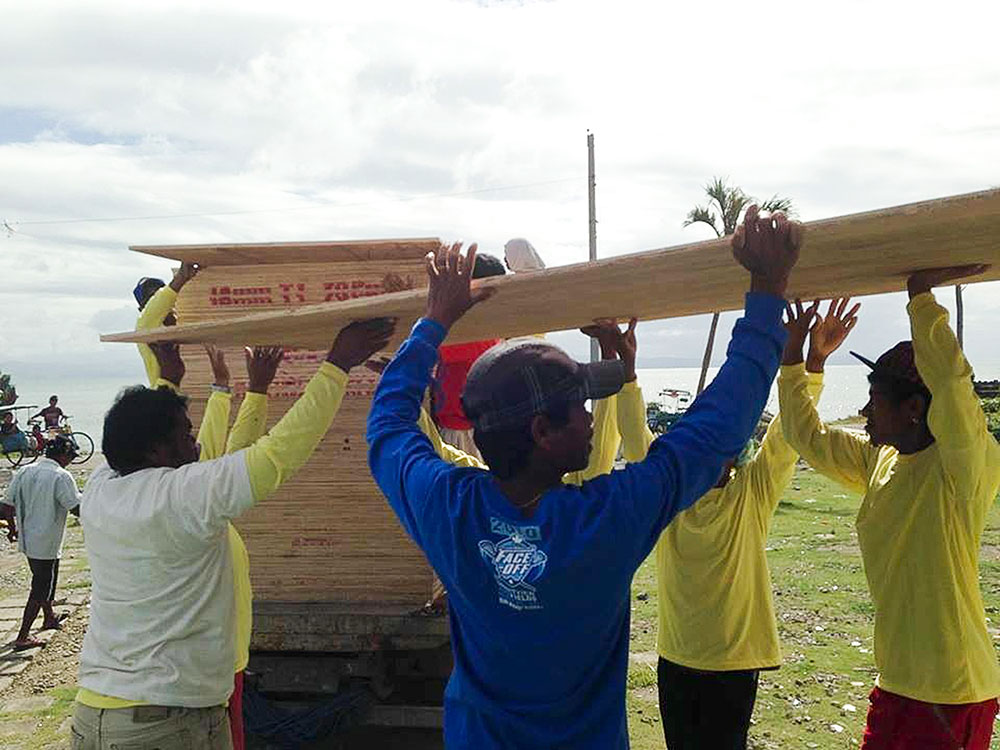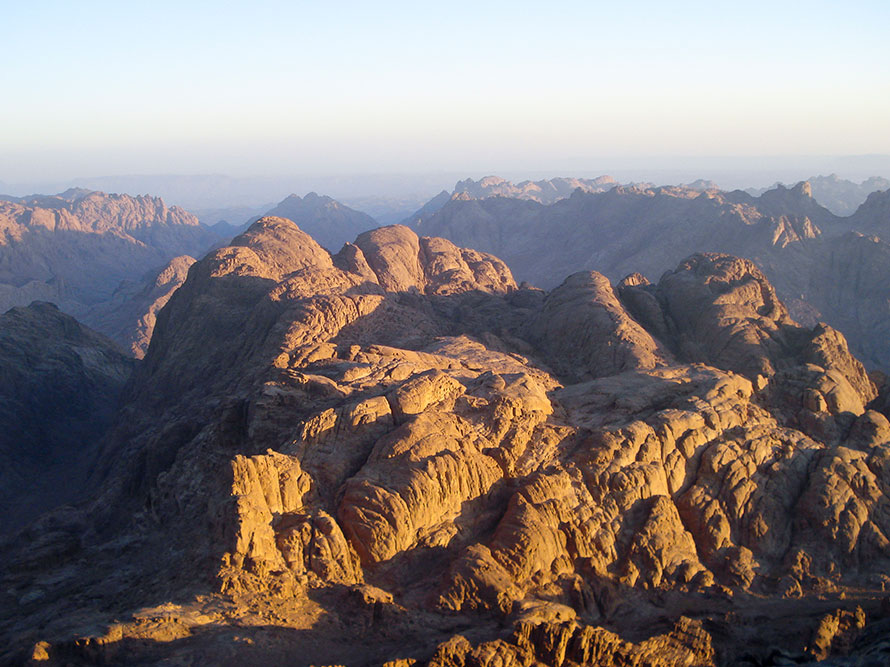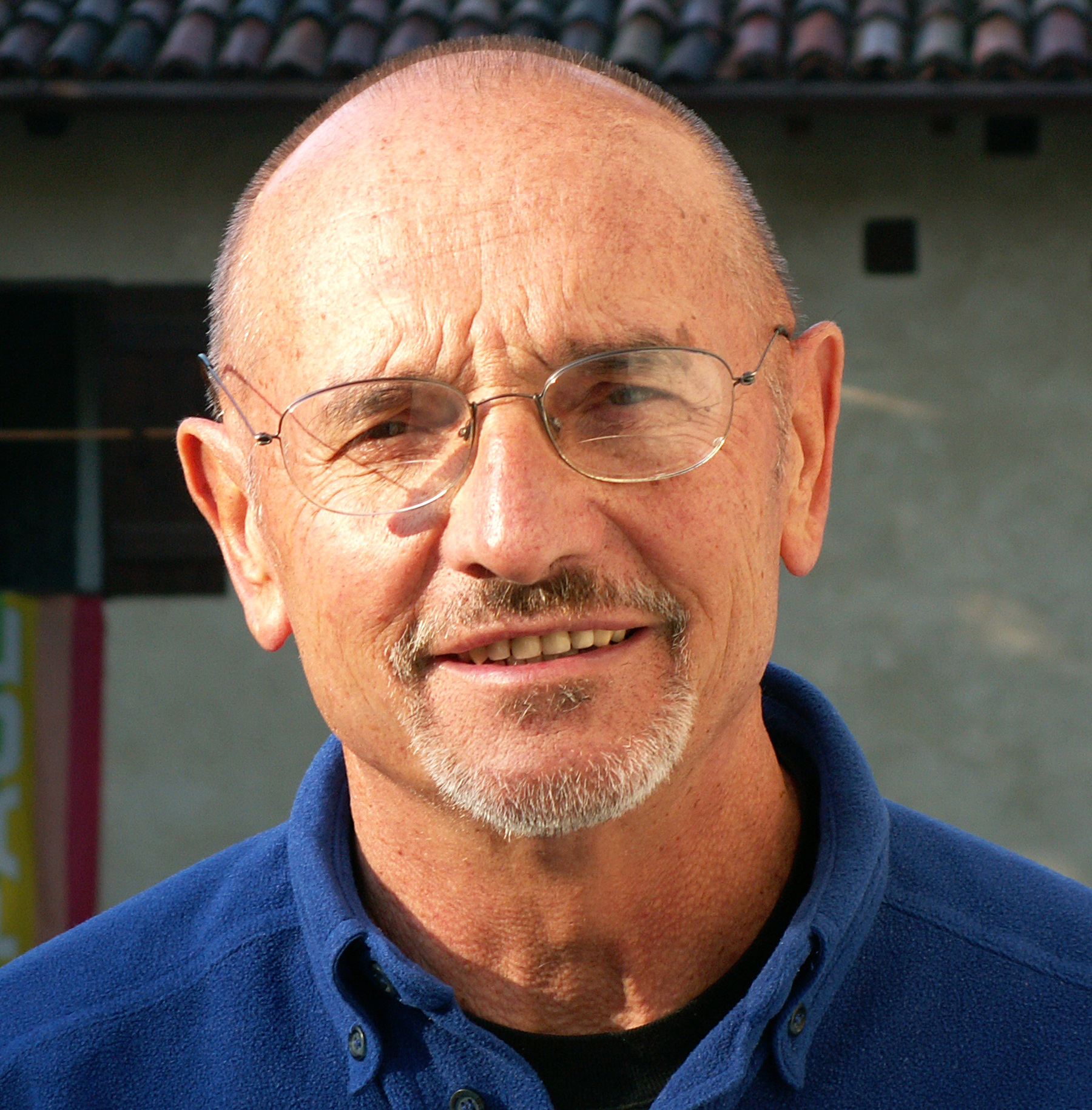Paul left Athens in order to transfer to Corinth. From the small cultural center he went to a big, expanding city. The city of Corinth had 300.000 inhabitants and a stadium that can sit 18.000. Two thirds of the population were slaves.
Corinth is located on the Ionian Sea, where now is the canal that connects to the Aegean Sea. It was the capital of Achaia, a corridor between East and West. It had a mixture of peoples: Greeks, Phoenicians, Asians, Romans, Hebrews and Egyptians. The people were dedicated to work and trade: they were rich and notorious for living in a pleasure spot and a place of commercialized vices. To “corinthize” meant to lead a licentious life. All cults were present. The most famous was that of Aphrodite, the mistress of the city, with a thousand sacred prostitutes at the service of her temple.
A corrupt city and a huddle of various religions, where one is as good as any other. Corinth may appear as a place less fit to welcome the Gospel. Instead, it was right here, thanks to Paul and companions, that numerous communities were born, one of the most important marks of the first centuries. The reason was clear. The inhabitants were mostly slaves, coming from Eastern Mediterranean. Being poor, they hoped only in Divine Providence. Without homeland and freedom, they can no longer trust their gods who had shown to be incapable of protecting them.
Uprooted from their lands, they were experiencing a cultural and religious crisis and were brought together by the need they had of a liberator and a savior. For this reason, even today, it is easier to preach the Gospel to immigrants than to the residents in their own nations. At Athens, Paul confronted the Greek culture. Besides speaking in the synagogue, at the public square, he was addressing anybody who happened to be there. Eventually, he completed his mission in the Areopagus: speaking about the Unknown God, he criticized the idols and put forward to his listeners the Christian message in a nutshell.
But the immediate success was almost null and void. At Corinth, instead, his task was easier. Working with his own hands under Aquila, he lived in a world of slaves who had in common their lack of what everybody wanted most: freedom. In Greece, only the slave owners were free and they didn’t perform humble jobs! The announcement of Jesus, crucified as a slave and Savior of all, was, for the slaves, like water for somebody who was thirsty.
Two letters of Paul made us know the community of Corinth better than any other. Paul stayed with them for 18 months, as Aquila and Priscilla’s guest, two Christians who had escaped from Rome. He worked with them, always in contact with slaves of the same trade: tent-makers. He rested only on Saturdays and went to the synagogue, trying to persuade Jews and sympathizing with Greeks. With the arrival of his companions, Timothy and Silas, he dedicated himself full time to evangelization. His announcement was more explicit and direct than at Athens: he showed without restrain that the Christ is the Man Jesus, the Crucified One.
The negative reactions in the synagogue made him repeat: “From now on, I will go to the pagans.” He then transferred his activity to a neighboring house. Now the “house” of the Word and prayer was the abode of a Roman, Titus Justus. The conversion of the leader of the synagogue caused the beginning of a “numerous people,” made up mainly of slaves. The poor were more disposed to accept a message of love and freedom. The rich instead believed that they had everything and ignored that they were slaves of their egoism.
The account culminated with the episode of the pro-consul Gallio, brother of the famous Seneca, who gave the first official recognition to Christianity: the new religion went successfully as it were through the customs: to be a Christian was neither a crime nor a bad action.
Paul set out from Corinth after the good resolution of the court case against him. More than a pastor, he was an apostle: “His house was the road.” Having founded a community, he went elsewhere. And along the way, he started other new communities and strengthened, in the faith, those that were already in existence. © Popoli – www.popoli.info







